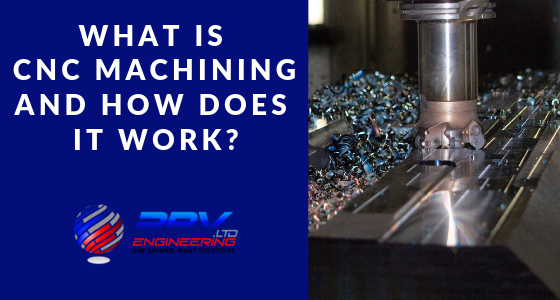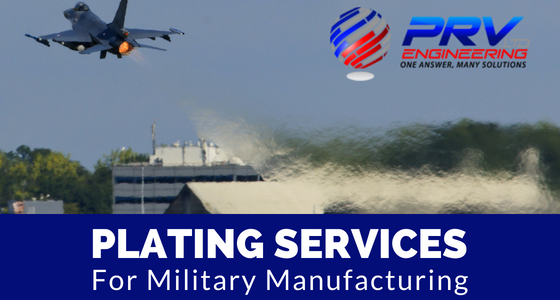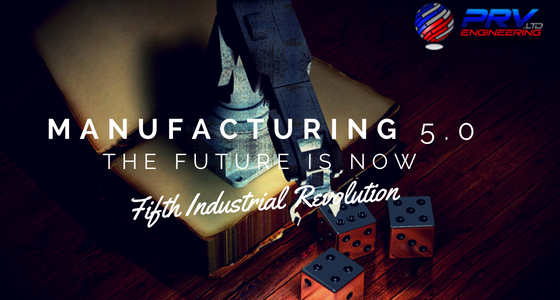In today’s modern manufacturing world, not too many products are made without CNC machining. This includes the basics like toys, household appliances and machines but also cars, aeroplanes and medical devices among others. CNC machining is incredibly versatile and many industries cannot do without it.
Some of the main industries that rely heavily on CNC machining include aerospace, automotive, medical manufacturing and woodworking. Here, they use it use for various operations such as drilling and routing where the aerospace industry favours CNC machining because it offers the five-axis option when required. This functionality means they can more easily manage hard-to-cut materials such as Inconel.
In healthcare or the medical sector, CNC machining plays an essential role for micro-machining. This involves fabricating all the tiny parts made from different types of materials for various life-saving applications. Examples of CNC machined parts are pacemakers or titanium joints not to mention tools and implements for medical professionals.











Recent Comments